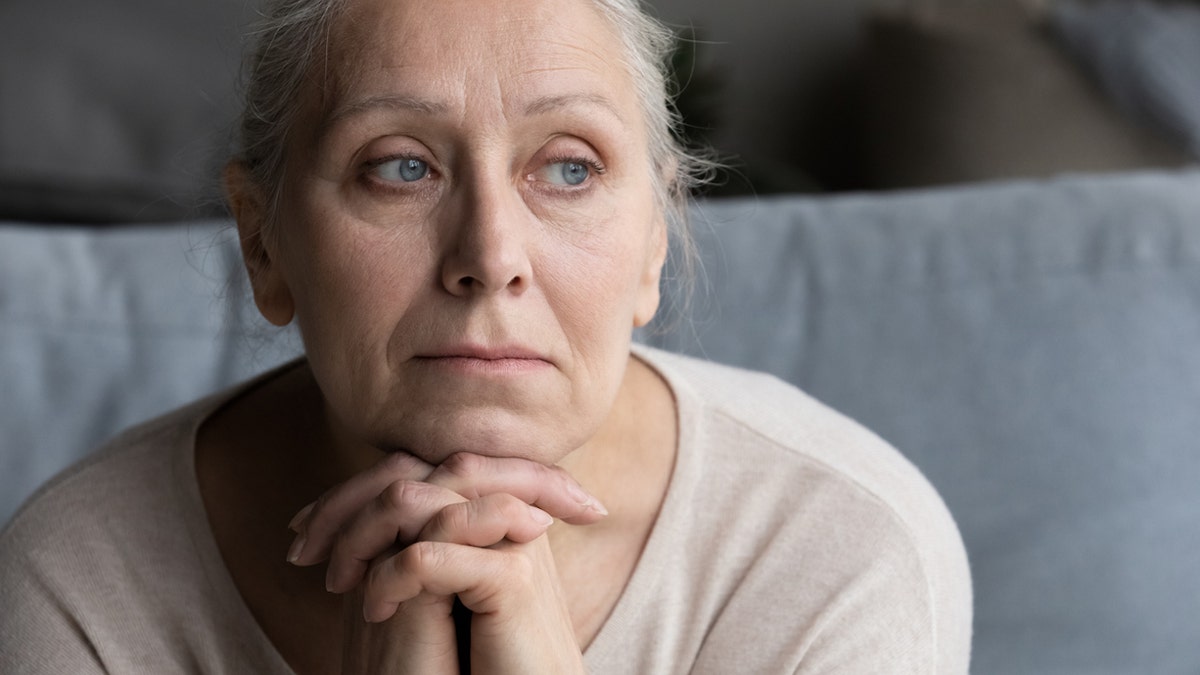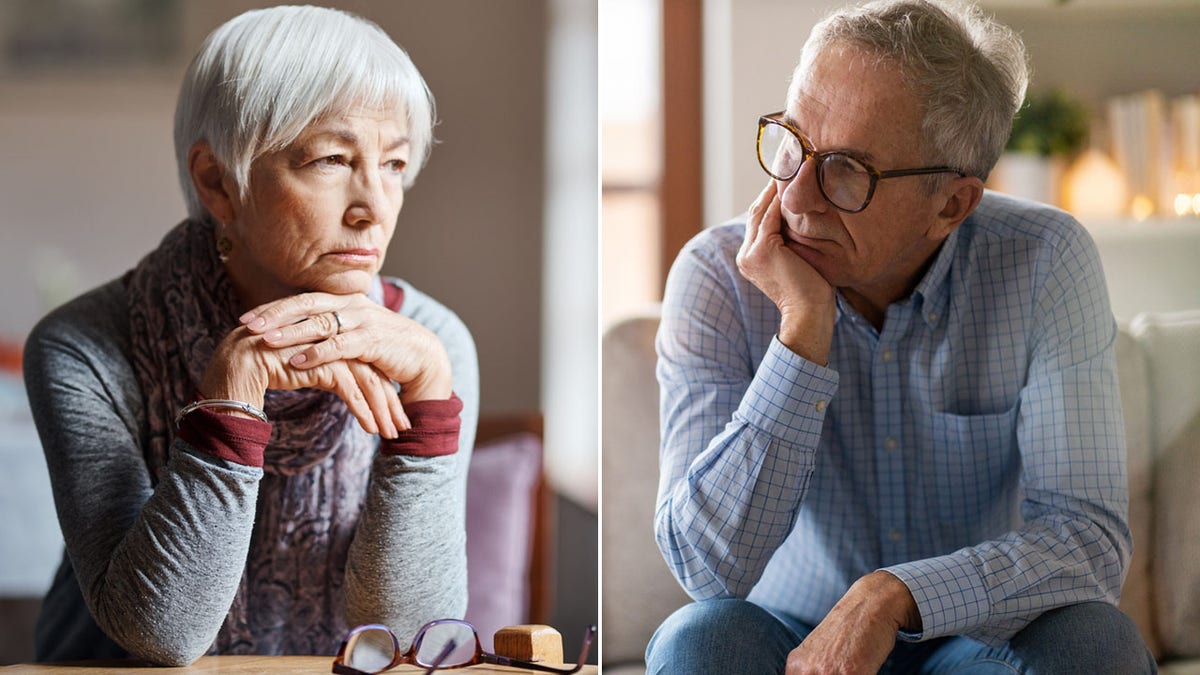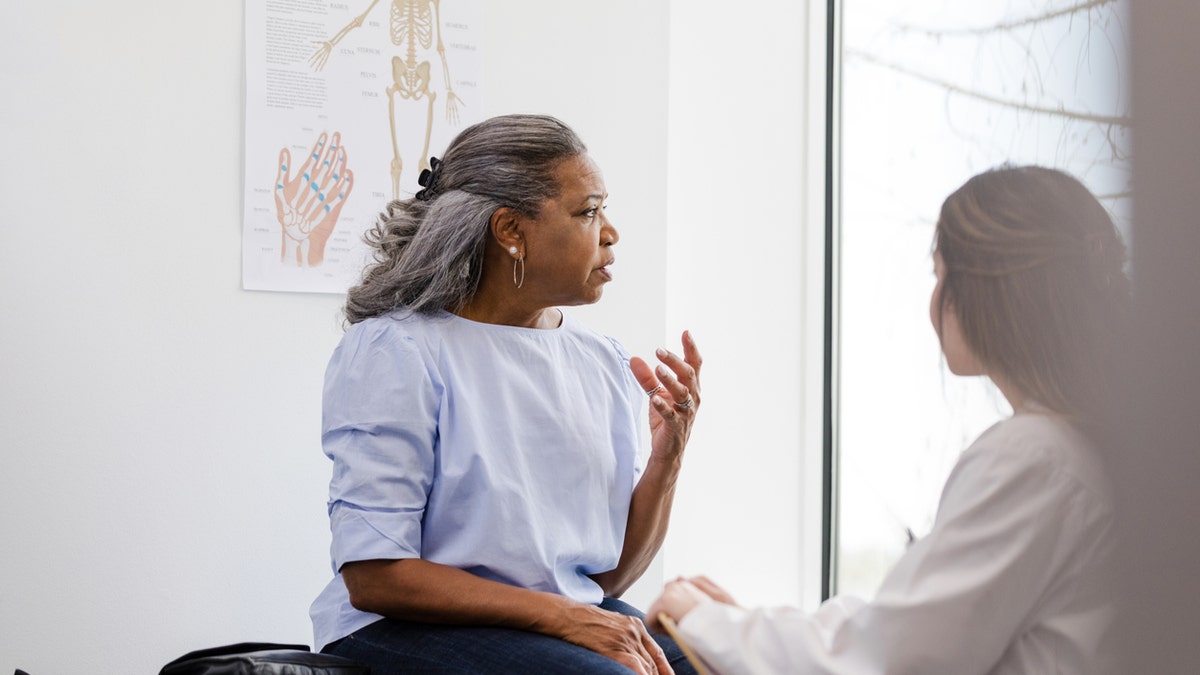This story discusses suicide. If you or someone you know is having thoughts of suicide, please contact the Suicide & Crisis Lifeline at 988 or 1-800-273-TALK (8255).
For some seniors, retirement brings the unbridled joy of more time with loved ones — but for others, the golden years can end up being quite blue.
More than a third of older adults said they feel lonely at least once a week, according to the University of Michigan’s National Poll on Healthy Aging.
The U.S. Surgeon General even called loneliness and social isolation a “serious health epidemic” in his Advisory on the Healing Effects of Social Connection and Community.
HEALTH CARE IS ‘OVERWHELMINGLY COMPLEX’ FOR OLDER ADULTS, EXPERTS SAY: ‘EVER-INCREASING HURDLE’
“The transition from a structured work life to retirement can lead to a significant decrease in social interactions and a sense of purpose,” Neal Shah, CEO of CareYaya Health Technologies, an elder care provider in Raleigh-Durham, North Carolina, told Fox News Digital.
“This, combined with factors like the loss of a spouse, loss of friends or reduced mobility, can contribute to feelings of isolation and loneliness.”
More than one-third of older adults feel lonely at least once a week, according to the University of Michigan’s National Poll on Healthy Aging. (iStock)
Burden of loneliness
While loneliness might seem relatively harmless, experts warn that it can be very harmful.
“Loneliness can have severe consequences on both mental and physical health,” Shah warned.
“It can lead to depression, anxiety, cognitive decline and even an increased risk of developing dementia.”
ARTIFICIAL INTELLIGENCE HELPS PREDICT SENIORS’ LONG-TERM CARE NEEDS: ‘CRITICAL NEXT STEPS’
The mental effects of loneliness can indirectly impact physical health, Shah said.
“Lonely individuals may engage in unhealthy behaviors like smoking, drinking or having a poor diet,” he said.
“They may also have weakened immune systems — making them more susceptible to illnesses and chronic diseases.”

While loneliness might seem relatively harmless, experts warn that it can be very harmful. “Loneliness can have severe consequences on both mental and physical health,” an expert said. (iStock)
Loneliness has also been linked to an increased risk of stroke, dementia and heart disease, Nassar noted.
“Being lonely can literally and metaphorically break your heart.”
HUNDREDS OF RURAL HOSPITALS ARE IN DANGER OF SHUTTING DOWN, STUDY FINDS: ‘AT RISK OF CLOSURE’
Loneliness has also been shown to increase the risk of type 2 diabetes, addiction and earlier mortality, according to the Centers for Disease Control and Prevention (CDC).
There could be monetary costs associated with loneliness, too, as studies have found that adults over age 50 who are lonely are more susceptible to financial scams.
3 wise ways to relieve loneliness
There are many strategies to help relieve loneliness in older adults — including these three tips.
1. Retired seniors should stay socially active and engaged
“This can include joining clubs or groups that align with their interests, volunteering, attending community events or taking classes to learn new skills,” said Shah.

Loneliness has been linked to an increased risk of stroke, dementia and heart disease, experts note. (iStock)
2. They should maintain and nurture existing relationships with family and friends
Shah stressed this point — and noted that adopting a pet can also provide companionship and a sense of purpose.
Nassar echoed the importance of increasing social activities, such as playing cards, joining a book club, partaking in bingo or quiz nights, and being part of a faith group.
HOME HOSPITAL CARE BRINGS ‘PHENOMENAL’ BENEFITS TO PATIENTS AND PROVIDERS, STUDY FINDS
“It is in our nature to want to be with each other, and it’s important we make time to meet this need for connection,” he said.
3. They should lean on technology if they don’t have family or friends nearby
“Video calls, social media and online forums can help [retired seniors] interact with loved ones and like-minded individuals,” said Shah.

Joining clubs or groups that align with their interests, volunteering, attending community events or taking classes to learn new skills are all ways that retired seniors can prevent loneliness. (iStock)
In-home care services or companion programs can also provide regular social interaction and support, he added.
When to reach out for help
While occasional sadness or “blues” are normal, persistent feelings can impact the quality of life and may indicate a more serious depressive disorder, said Shah.
“It’s essential to recognize that loneliness and depression are serious issues that can significantly impact a retired adult’s quality of life,” he said.
WORLD’S OLDEST MAN, AGE 111, SHARES SECRETS TO LIVING A LONG LIFE
Signs that a senior might be dealing with depression include persistently feeling sad, hopeless or empty for more than two weeks, according to the expert.
“Other indicators include loss of interest in activities the [individuals] once enjoyed, changes in sleep patterns or appetite, difficulty concentrating, and thoughts of death or suicide,” he told Fox News Digital.

If depression symptoms are severe and interfere with daily life, it’s crucial to seek professional help, experts advise. (iStock)
“If these symptoms are severe and interfere with daily life, it’s crucial to seek professional help.”
Family and friends should also monitor retired loved ones.
CLICK HERE TO SIGN UP FOR OUR HEALTH NEWSLETTER
If they notice any warning signs, Shah said, the first step is to have an open, non-judgmental conversation expressing their concern.
“Promoting a strong support system, encouraging social engagement and prioritizing mental health is key to helping retired adults thrive,” he said.
CLICK HERE TO GET THE FOX NEWS APP
“If you or a loved one are experiencing persistent feelings of loneliness or depression, don’t hesitate to reach out for help. There are numerous resources and professionals available to provide support and guidance.”
For more Health articles, visit www.foxnews/health.



